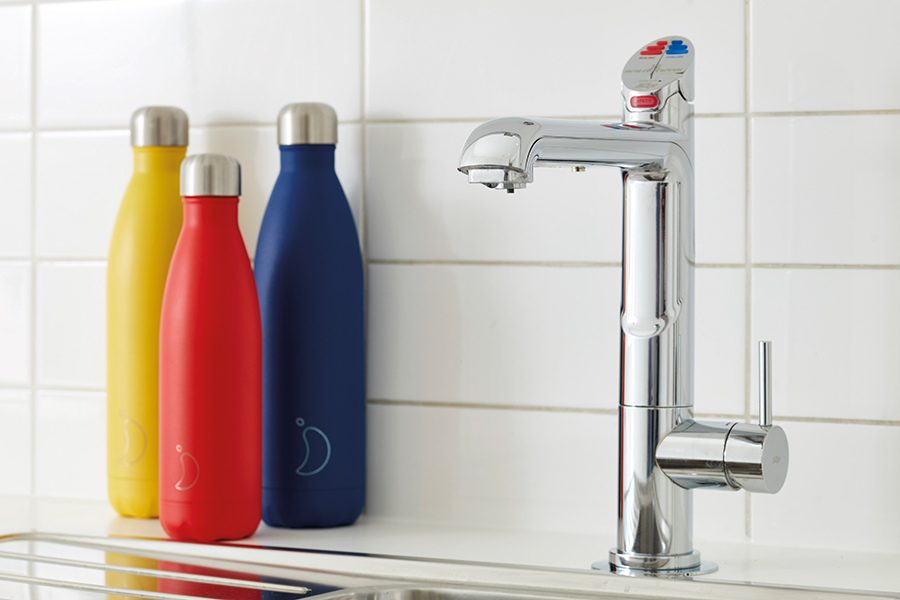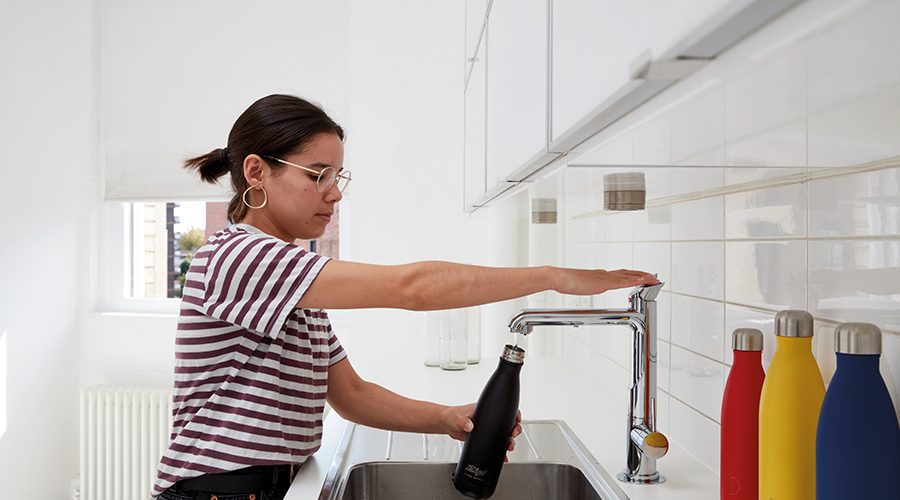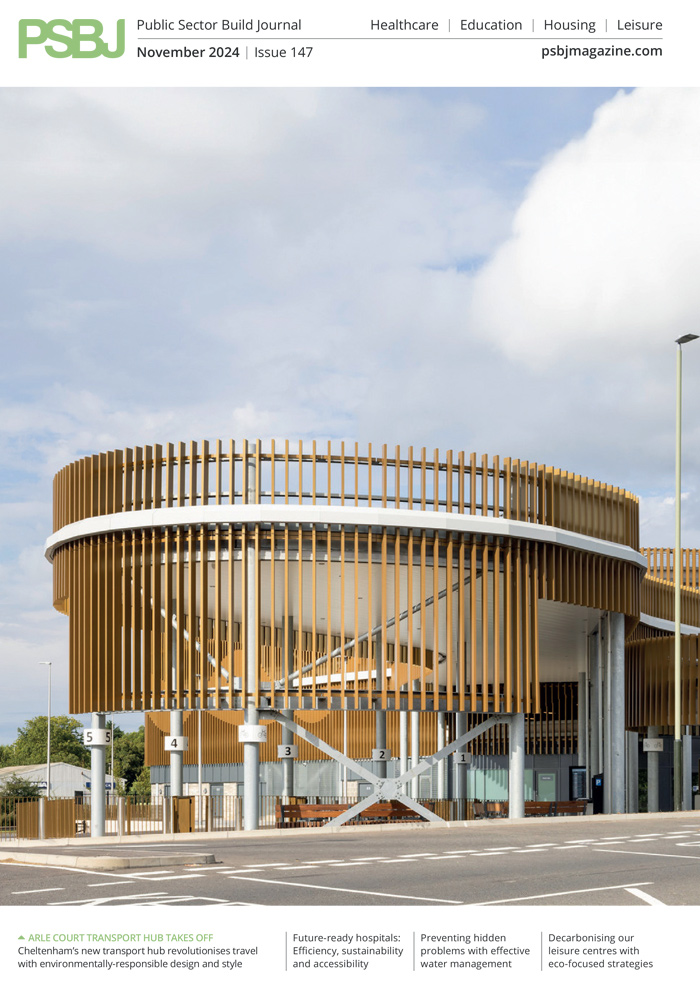All businesses, no matter public or private, can be doing more to help the environment. Even small steps can make a big difference, but beyond using energy-saving lightbulbs and turning computers off overnight, what else can be implemented to engage the entire workforce?
Zip Water

1. Develop a sustainability committee
It shouldn’t be down to just one person to lead on sustainable matters. With a group of representatives from different departments, people can voice their suggestions and take effective action together. In schools and universities, it is the ideal way to involve students, especially as their passion and commitment has been so public in recent months.
2. Identify areas of wastage
Reducing energy consumption may seem like an obvious one, but with the public sector spending £2.5bn annually in England on energy consumption alone1, it’s an area that can’t be ignored. More and more public sector venues are installing their own on-site renewable generation facility, but if that’s not possible, identify the biggest culprits and look for ways to reduce reliance.
3. Incentivise
A growing number of firms have reportedly pledged to give staff extra days off if they forego air travel in favour of train travel for their holidays. Such a scheme might not be as workable in the public sector, but there are certainly ways in which employees can enjoy extra benefits for doing their bit to decarbonise their workplace.
4. Consider your supply chain
How much do you really know about your suppliers? Start by mapping out your supply chain and dig deeper to find out whether their practices are in line with your own objectives. Creating a sustainable supply chain not only benefits the planet and future generations, but can actually make significant savings for your facility. The British Assessment Bureau cites an example where a Scottish haulage fleet invested £100,000 into reducing its environmental impact, which resulted in savings of over £650,000 in return.
5. Adopt a ‘circular economy’
Instead of the ‘take-make-dispose’ model that we generally follow, the circular economy ideology is based on three main principles: cutting out waste, reusing products and materials and regenerating natural systems. Reducing plastic bottle waste is a good example of this. Single-use plastic beverage bottles and their caps and lids are the most commonly found item polluting Europe’s beaches2. Rather than offering single-use plastic bottled water on-site in facilities, encourage people to refill reusable water bottles at mains-fed drinking water stations. Adopting this ‘refill culture’ has been proved to dramatically reduce plastic bottle waste.
With the Government pledging to be carbon net-zero by 2050, these long-term tactics will help facilities in the public sector work towards their sustainability goals. However, if you want to make a more immediate impact and see tangible results this year, especially where single-use plastic bottle waste is concerned, then reviewing your drinking water provision should be your first step.
At Zip Water, we have a range of energy-efficient, mains-fed filtered drinking water systems that will meet your needs, no matter what the area or demand. Having clean-tasting water on-tap not only encourages users to drink more but discourages them from buying unsustainable single-use plastic water bottles and instead refilling their own reusable water bottles.
With options including the striking HydroTap, providing filtered boiling, chilled and sparkling water from one single tap, or HydroChill, a bottle-filling system to meet any demand, we can undoubtedly help your public building reduce its single-use plastic bottle use.







